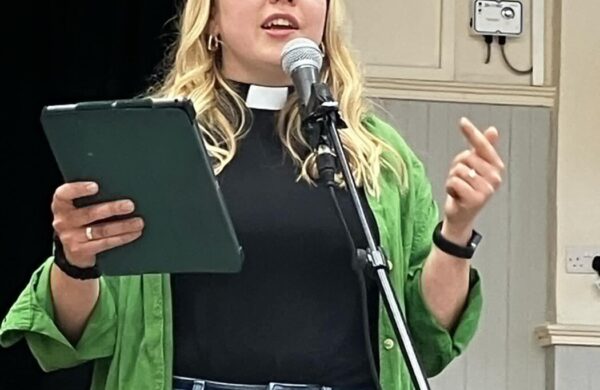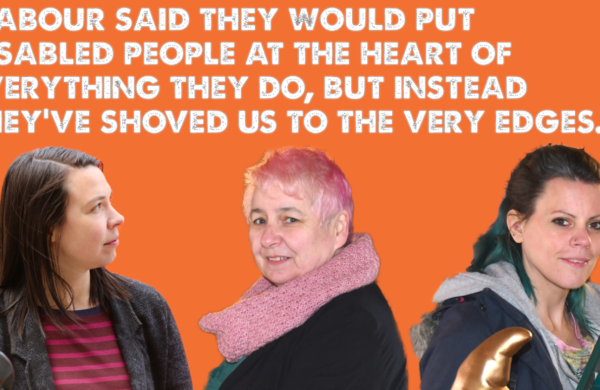Gathering on the Margins – 21 April
Our weekly Zoom call, Gathering on the Margins, this week focussed on how the benefits system is/isn’t working during this crisis.

We are having these gatherings every Tuesday at 2 pm. Join us on Zoom to connect with people across the country to hear each other’s stories, discuss issues that we are facing and share advice.
Penny told us about how the self-employed are the among the hardest hit, especially those who haven’t been self-employed long enough to qualify for financial support. She says that the wait for those now applying for Universal Credit is astronomical, so people who were already on benefits are actually better off than those who previously had reasonable incomes.
Andrew from End Hunger Cornwall gave us an update on the situation in the South West. Cornwall is particularly affected because the local economy usually relies on the boost that is brought by holiday makers in the summer, and a lot of local people work seasonal jobs.
Paul Morrison from the Joint Public Issues Team gave us an insight into how the DWP is adapting to the increasing demand for Universal Credit, reorganising themselves so more people are working on dealing with the applications. However, Paul points out, the real problem is the people who have no recourse to public funds and can’t get support.
The discussion did not just focus on the current system. We also tried to radically reimagine what a welfare system that works for everyone could look like. Simon Duffy from the Centre for Welfare Reform told us about the work being done around the idea of Universal Basic Income, which would function as an economic floor that supports everyone. The idea of UBI has been around for a while, but the current crisis might give the it some political momentum.
Universal Basic Income would be a long-term solution, but Niall argued that we need a something quick and short-term first to help people get through the immediate crisis. He explained the concept of ‘helicopter money’ which would be a one-time emergency cash payment to every household in the country. It would not be means-tested because that would delay the money reaching those who really need it.
It is great to have these gatherings and brilliant that we are able to stay connected online. However, many people are severely isolated at the moment because they don’t have the necessary technology for staying connected or aren’t able to access to the internet. Fully aware of the irony of doing this on Zoom, next week we will be discussing the issue of Digital Exclusion.
Join us at 2 pm on Tuesday 28 April.
If you have any feedback or suggestions for these gatherings, contact me at felicity@church-poverty.org.uk



